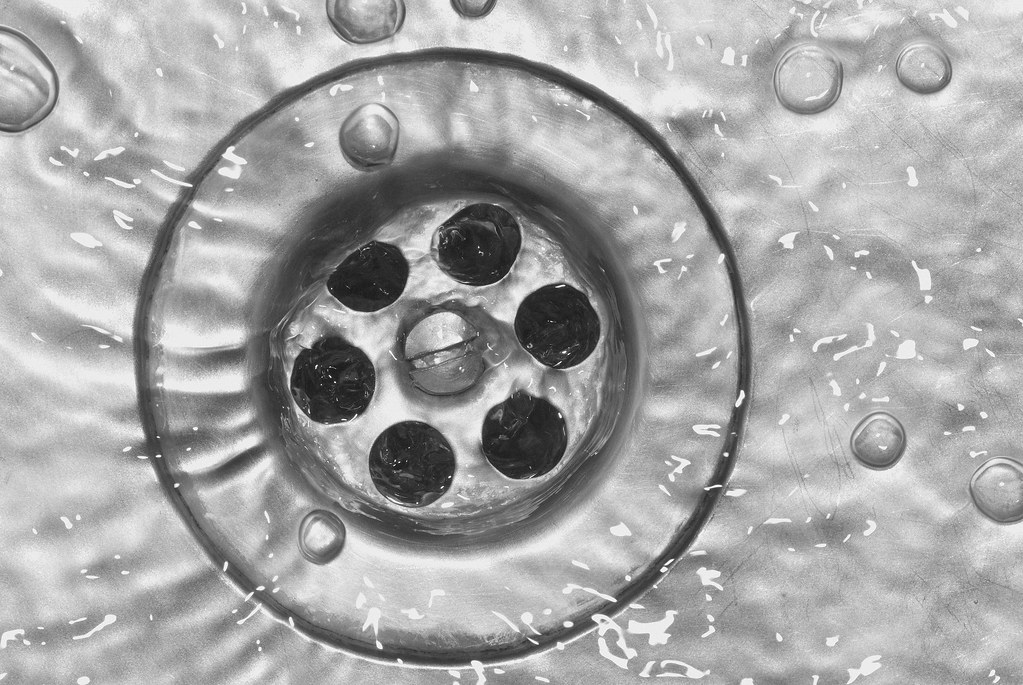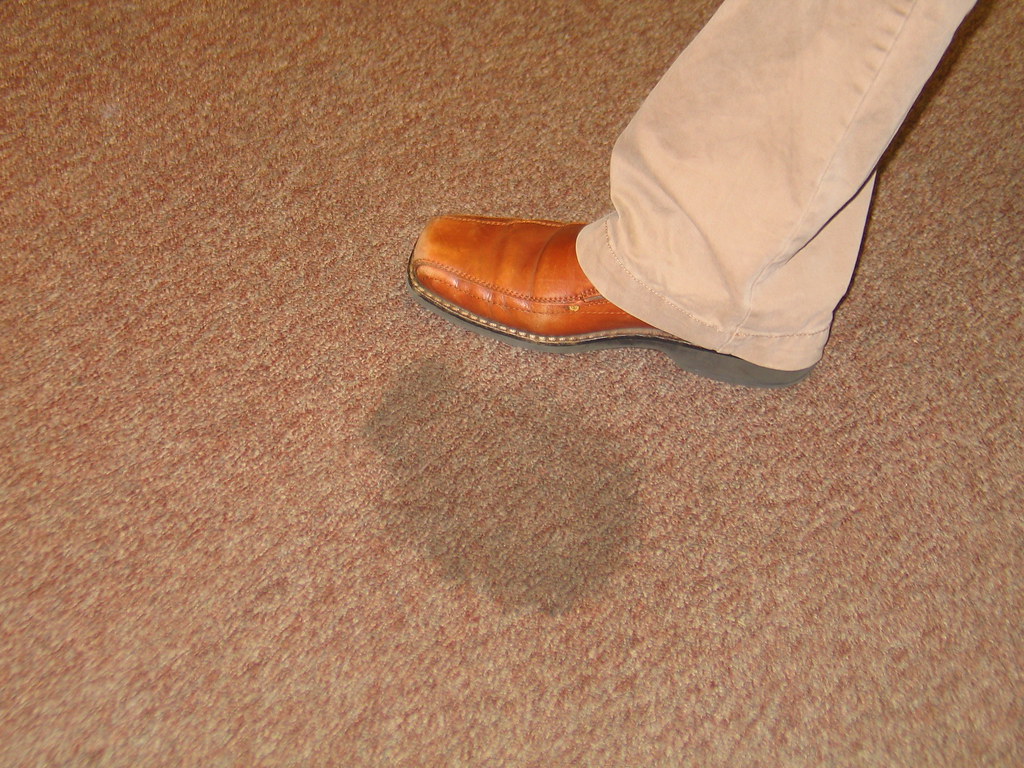Twenty-five years ago, the professional cleaning industry was undergoing a significant transformation. Tools, products, cleaning methods, and cleaning solutions were being introduced that had a reduced impact on the cleaning worker, building users, and the environment: the industry was going Green.
The push behind the movement was the end customer.
In this case, schools and universities were increasingly concerned about the cleaning solutions used in their facilities and the potential health risk they posed to students and teachers.
Now we are on the cusp of another transformation.
This time it’s sustainability and once again, the end-customer is one of the driving forces.
Just so there is no confusion, when we discuss Green, we are referring to products, Green cleaning solutions, for instance.
However, when we discuss sustainability, we are looking at a much bigger picture, how organizations operate their facilities and what steps they are taking to reduce their use of energy, water, and natural resources.
This is where citric-based cleaning solutions come into the picture. The primary ingredient in these cleaning solutions – citric acid – is derived from lemons, limes, oranges, and even pineapples.
A quick internet search finds that these citrus fruits are grown all over the world, including Brazil, the United States, China, Mexico, and India. In Israel alone, exports of citrus are forecast to top 158,000 metric tons, up 16 percent from 2020-21, according to the U.S. Department of Agriculture’s Foreign Agricultural Service.
The point being citric acid is a very plentiful, sustainable, and renewable ingredient. But we can’t say that about many of the ingredients used in other cleaning solutions, especially traditional ones that depend on non-renewable, fossil fuel, resources.
So, why is the professional cleaning industry beginning to focus so much on sustainability?
These are just some of the reasons:
· Our end-customers want to make the world a healthier place, and sustainability plays an essential role in this goal.
· Sustainable business practices and the use of renewable products help preserve the long-term viability of the planet. Taking the next step, businesses can apply these sustainability practices to all their business operations.
· Organizations adopting sustainability practices find they help reduce operating costs. “[More sustainable and] efficient manufacturing processes and supply chains don’t just cost less to run they also consume less energy, use fewer resources, and produce less waste,” according to a report by McKinsey & Company.
· Larger customers – the Walmarts, IKEAs, Nikes, Pepsis, and Coca-Colas of the world – now want their vendors to report how they are becoming more energy efficient, reducing waste, and using renewable resources. In other words, to remain competitive, organizations must adopt sustainable business practices.
· Countries around the globe, especially in Europe, are adopting measures requiring more companies to report their sustainability practices. Reporting not only focuses on their operations but how sustainability is being practiced by all their vendors throughout their supply chain.
· Climate change is directly impacting more organizations. Business leaders view adopting sustainability practices as one way to reduce their environmental footprint and reduce their impact on the climate.
The Sustainability Takeaway
Sustainability has evolved from a nice-to-have ten or 15 years ago to a must-have. The shift is driven by the items discussed here and many more, especially the fact that many organizations now see sustainability as an opportunity to grow and expand their businesses.
In fact, most respondents to a survey of business executives conducted by the Sustainable Development Institute at Portland State University said they believe sustainability is key to their organization’s future success.
These are among the reasons we see the professional cleaning industry turning its focus to sustainability. And the growing use of cleaning solutions made from totally renewable citric acid is a perfect example of how this is evolving.
Lee Chen is a cleaning industry veteran and President and COO of ProNatural Brands, LLC, manufacturers of natural, sustainable, high performing citrus-based cleaning solutions.






